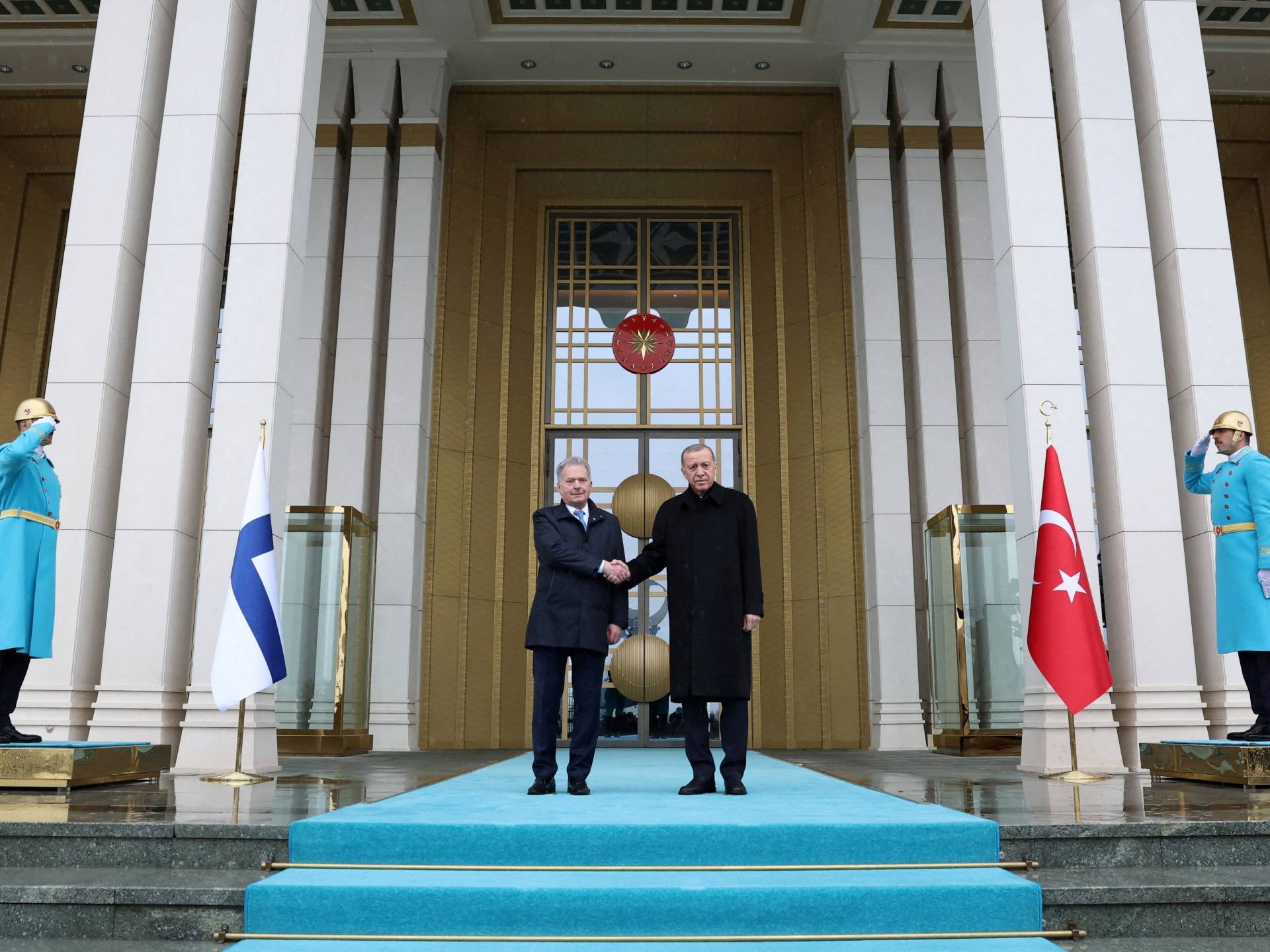Introduction
Turkey's recent approval of Sweden's NATO membership brings a new dimension to the strategic alliance's defense dynamics, especially when considering the looming threat of potential Russian aggression. As NATO continues to adapt and evolve to meet contemporary security challenges, this decision not only enhances the credibility and heterogeneity of the alliance but also strengthens collective defense capabilities. This article emphasizes the significance of this approval and the strategic implications it offers in safeguarding NATO members against any potential Russian attack.
Reinforcing Collective Defense
NATO's primary objective is to promote collective defense and ensure the security of its member states. By approving Sweden's entry, Turkey has contributed significantly to bolstering NATO's deterrence and defense posture against potential Russian threats. Russia's assertive behavior in recent years necessitates the reinforcement of NATO's collective defense, making Sweden's inclusion all the more crucial. Sweden's history of neutrality coupled with its advanced military capabilities and geopolitical location in the Baltic Sea region significantly enhances NATO's defensive capabilities against potential Russian aggression.
Strategic Significance in the Baltic Region
Located in Northern Europe, Sweden's entry into NATO enhances the alliance's presence in the Baltic Sea region, which has witnessed an increased Russian military presence and activities in recent years. This move symbolizes NATO's commitment to ensuring the security of its member countries in the face of Russian incursions. It allows for closer cooperation and coordination of defense efforts among NATO members in the Baltic region, providing a deterrent against any potential Russian attack.
Strengthening NATO's Capabilities
Sweden's inclusion brings advanced military capabilities and knowledge, which further strengthen NATO's collective defense capabilities. Swedish armed forces have a well-established reputation for professionalism and technological expertise, making them a valuable addition to the strategically diverse alliance. Sweden's participation will contribute to NATO's overall deterrence capabilities, including intelligence sharing, counterintelligence, cyber defense, and rapid response capabilities.
Addressing Hybrid Threats
Russia's hybrid warfare tactics present a significant challenge to NATO's defense structures. The approval of Sweden into NATO provides an opportunity to address these hybrid threats effectively. Sweden, with its expertise in countering hybrid warfare, can contribute valuable insights and operational strategies to enhance NATO's ability to respond to such threats. This will help the alliance develop joint exercises, share best practices, and strengthen member states' resilience against hybrid attacks.
Solidifying NATO's Unity
Turkey's approval of Sweden's membership also highlights the continued commitment of NATO members to strengthening the alliance, even in the face of regional complexities and ongoing disagreements. It showcases the unity and collective spirit within NATO, which remains undeterred by differences in geopolitical interests among member states. This approval fosters cohesion and underscores the shared commitment to defend and protect all NATO member countries, while also promoting stability and security in Europe.
Conclusion
Turkey's approval of Sweden's entry into NATO marks an essential development in augmenting the alliance's defense capabilities, particularly in countering potential Russian aggression. Sweden's advanced military capabilities, strategic geographical location, and expertise offer significant advantages in addressing regional security challenges and enhancing NATO's collective defense objectives. This decision reinforces NATO's commitment to safeguarding its member states, strengthens its deterrence posture, and ensures the continued security and stability in Europe. The approval also exemplifies NATO's unity and shared commitment to adapting to the evolving security landscape, ultimately preserving peace and security within the alliance and beyond.



